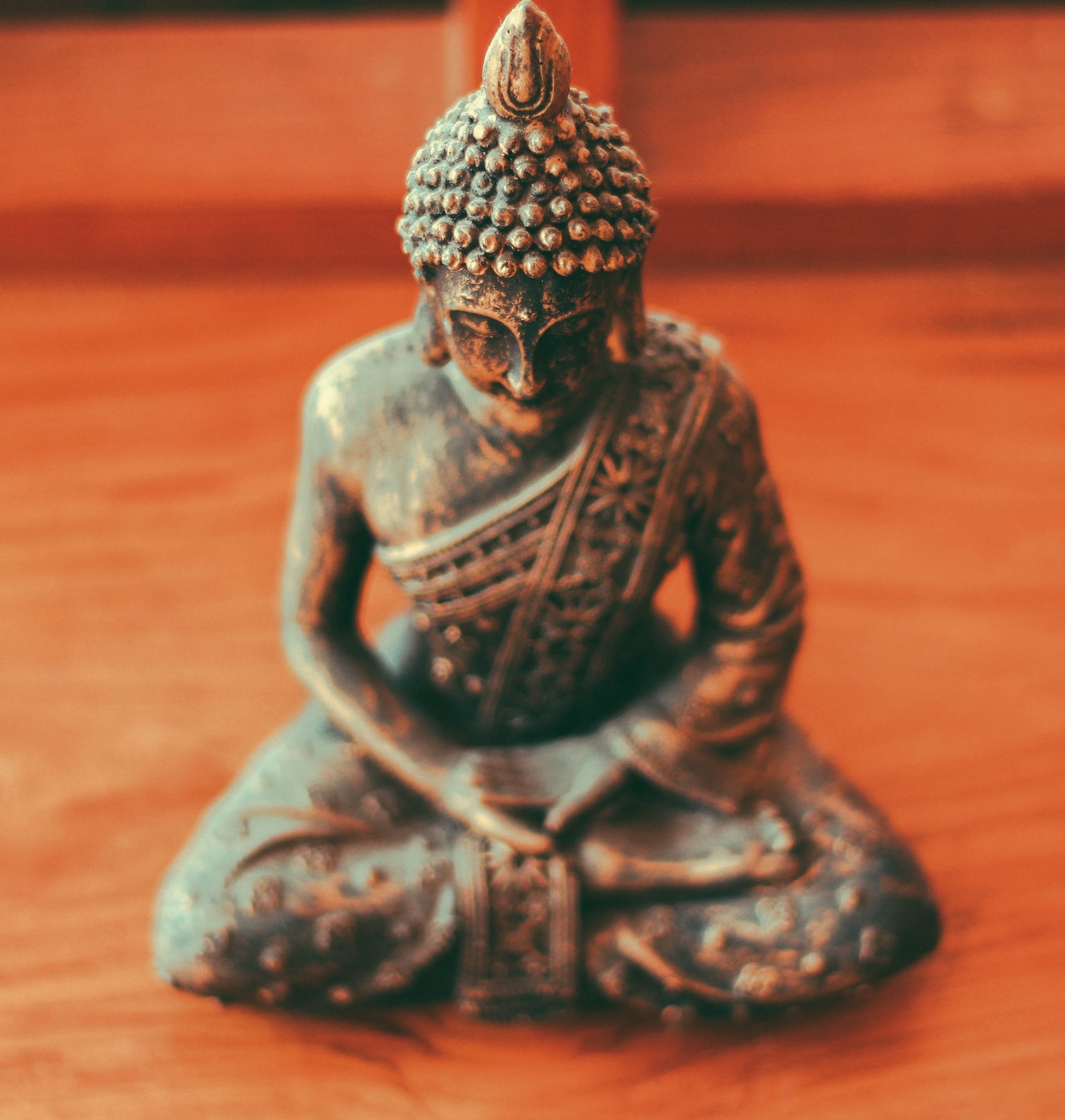A Neuroscientist Says Do *This* Before Bed To Improve Your Mood Long-Term
If you're looking to shake up your gratitude practice, listen up.

Working to channel positive emotions has many benefits for your mental health, whether you list the things you’re grateful for or set uplifting intentions. By engaging in these practices, you can help calm your mind and boost your current mood. Just take it from clinical neuroscientist psychiatrist Daniel Amen, M.D., author of You, Happier: The 7 Neuroscience Secrets of Feeling Good Based on Your Brain Type: On a recent episode of the mindbodygreen podcast, Amen shares the five-minute technique he does daily to increase his happiness long-term. Let’s talk about treasure hunting.
If you’re looking to shake up your gratitude practice or find a brand new way to secure a moment of bliss, try Amen’s simple method.
What is the treasure hunting technique?
"Every night before I go to bed, I say a prayer," Amen explains. "I go on a treasure hunt, and I ask myself what went well today. I start at the beginning of the day, and I search through each hour of what happened that made me happy." This practice helps you reflect on the day you’ve had and find something—anything!—that went well, big or small. Hence, treasure hunt.
You may think this simple mood-boosting practice may sound too good to be true, but research backs up the link between prayer and mental health: A study published in the Journal of Religion and Health even found that those who feel accountable to a higher power also experience greater mental well-being; when theistic accountability was paired with prayer, associations to mental health were even higher. As lead author of the study Matt Bradshaw, Ph.D., says, "Humans are social creatures, and our psychological health is bound up in positive and constructive relationships—not only with other people, but also with God." And according to Amen, with ourselves.
While you can practice the treasure hunt at any time of the day, there’s something to be said about a bedtime ritual. "I'm actually setting my dreams up to be more positive, which also means I'm going to be happier tomorrow," Amen says. If you prefer adding a physical element to this practice, you can write down these daily treasures in a journal as well.
However, this doesn’t mean you have to glamorize any negative events that did happen in your day, because it’s important to be in touch with those emotions, too. (Note: Toxic positivity is not helpful.) Negative emotions are information, and it’s important to acknowledge them. For example, let’s say you felt frustrated when a friend arrived late to plans—that emotion can teach you that you value quality time with the people you love. (On a similar note, research also shows that canceling unwanted plans can enhance your happiness.)
Anyways, you shouldn’t use this treasure hunt practice to ignore negative circumstances; it’s more about noticing the smaller things that go well every day so that your brain doesn’t become stuck on the one or two things that didn’t.
Amen’s treasure hunt practice is another way to “look on the bright side,” you could say. Taking the time to acknowledge anything and everything that went well throughout your day has the power to change your outlook on life over time. It’s important to acknowledge all of your feelings, positive and negative, but seeking out those bright moments may calm your mind and improve your mood.

 ValVades
ValVades 































